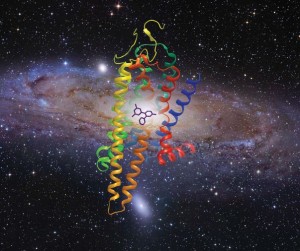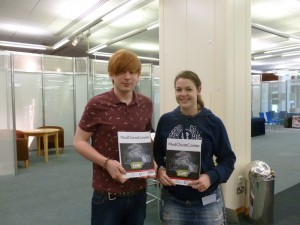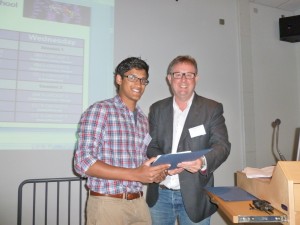RSC Organic Division Poster Symposium: Deadline for poster abstracts 02 October 2013
The RSC Organic Division Poster Symposium is still accepting abstracts, but not for long. If you are a final year PhD student based in the UK/ROI and would like the opportunity to showcase your work to leading chemists in industry and academia, as well as your peers, make sure you submit your poster abstract by Wednesday 2nd October.
The symposium will take place on Monday 2nd December 2013, at The Chemistry Centre, Burlington House, London and there are several prizes available on the day. Alongside the £500 First Prize, there will also be a £500 “Selected by Industry” prize and two runners-up prizes of £250. And this year our headline sponsor, F. Hoffmann-La Roche are offering a further prize of a visit to their site in Basel, Switzerland, to the First and Industry prize winners.
Reasonable travel costs will be covered for the students who are selected to present at this meeting. If you would like to find out more about the symposium and submit an abstract, visit our symposium website
We would like to thank F. Hoffmann-La Roche, Ltd. for their generous support of this event.












 “MedChemComm has what it takes to become a leading journal of Medicinal Chemistry. It fills a gap since it differs from other med chem journals due to its wide scope and its unique format. I’m looking forward to seeing everyone’s exciting contributions and support!“
“MedChemComm has what it takes to become a leading journal of Medicinal Chemistry. It fills a gap since it differs from other med chem journals due to its wide scope and its unique format. I’m looking forward to seeing everyone’s exciting contributions and support!“



